Employers in China are increasingly seeking talent with strong knowledge in artificial intelligence, offering significantly higher salaries than for other jobs, according to a recent report by recruitment portal Zhaopin.
In the second quarter of the year, companies offered an average monthly salary of 13,594 yuan ($1,870) for AI-related positions, marking a 5.3 percent year-on-year increase. That was the highest salary among all job categories.
Financial and funds companies ranked as the second-most-generous employers, offering an average monthly salary of 13,169 yuan ($1,811), followed by insurance companies at 12,451 yuan and new energy companies at 12,447 yuan per month.
"Company recruiting payments are greatly influenced by technological advances and industry development, reflecting the demand and supply situation of the job market," said Li Qiang, vice-president of Zhaopin.
"The increasing salaries for AI-related positions and those requiring advanced tech or financial knowledge result from the nation's supportive policies for nurturing AI talent and the market's surging demand."
Li said AI talent is in short supply, prompting companies to offer attractive salaries to attract and retain such talent.
"These newly emerged industries require workers to possess digital and multiple skills," he said. "For example, technical positions often require knowledge in data processing, programming languages and machine learning."
A report by global consultancy McKinsey &Co last year projected that China's need for AI-related workers would grow sixfold by 2030, from one million to six million. However, local and overseas universities, as well as existing top-tier talent, could only provide one-third of the necessary talent, leaving a shortage of about four million.
Beyond cutting-edge industries, some traditional services and manufacturing positions also saw rising salaries in the second quarter, according to Zhaopin.
Regular workers and skilled workers in the manufacturing sector experienced a 9.8 percent year-on-year salary increase, domestic services saw a rise of 16.9 percent, beauty and healthcare grew 8.5 percent, and tourism services increased 8.4 percent.
"Based on our survey, the job market is stable," Li said. "Job-seekers can enhance their competitiveness by continuing to learn, not only professionally but also in 'soft skills' like teamwork and communication."
Li also advised job seekers to adjust their expectations and consider opportunities in less-known or second- and third-tier cities.
"AI tools can improve interview abilities and increase the chances of securing a job," he added.










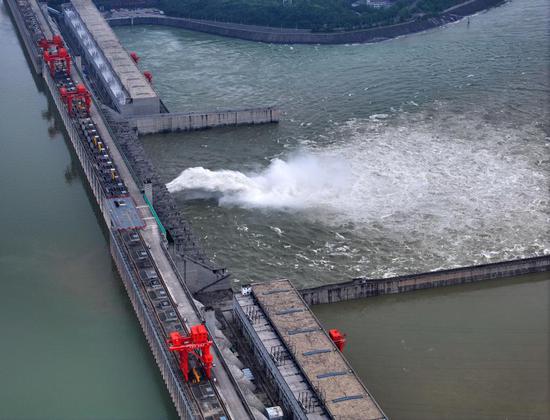
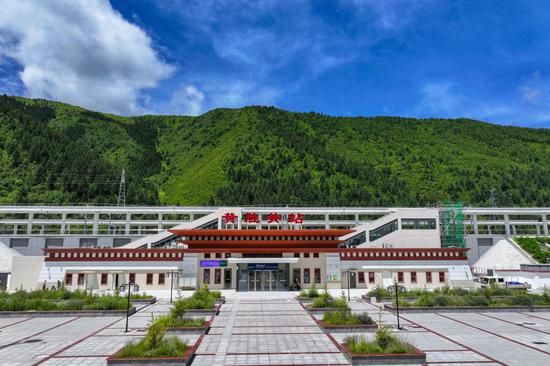
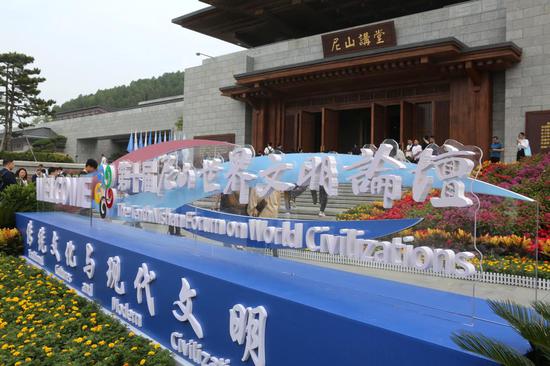





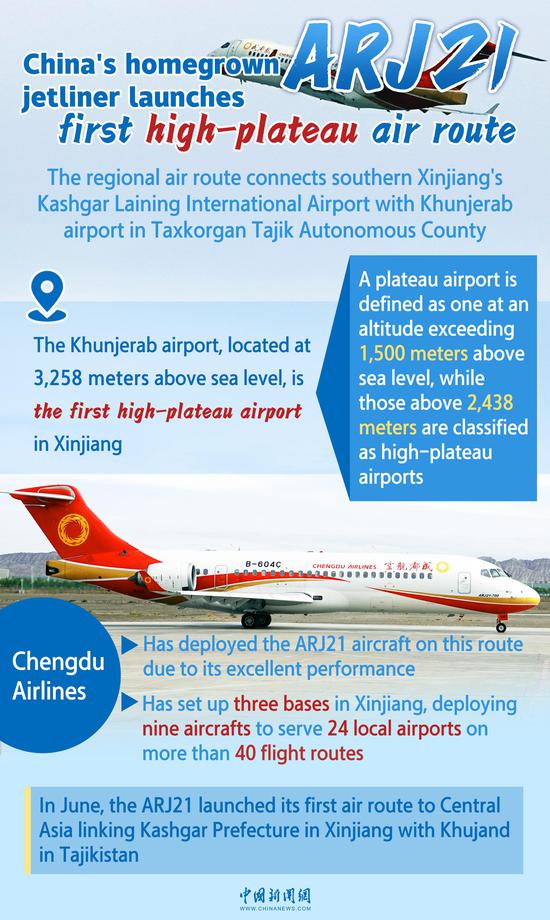









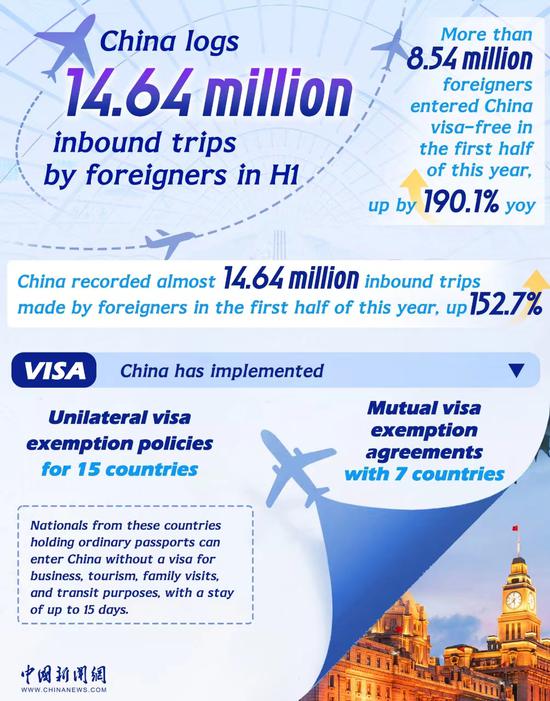

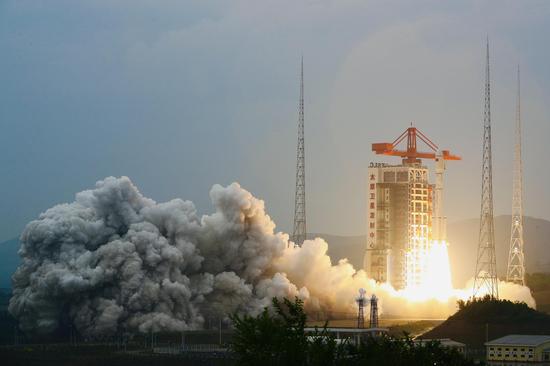





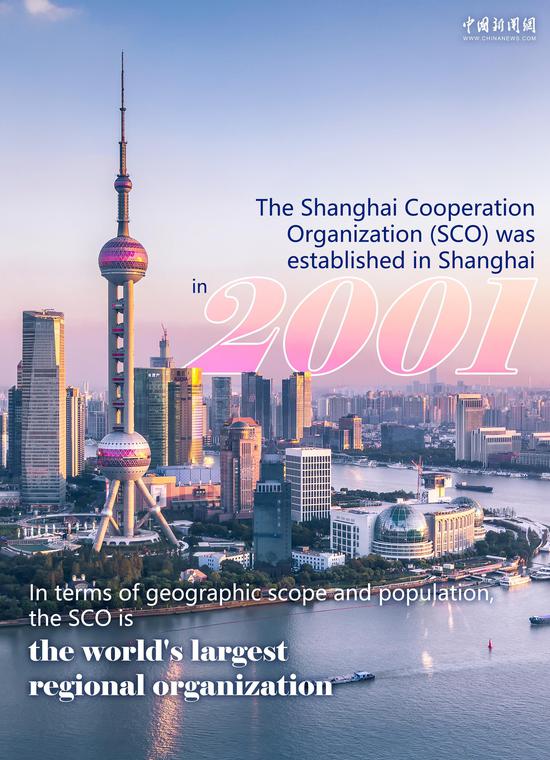


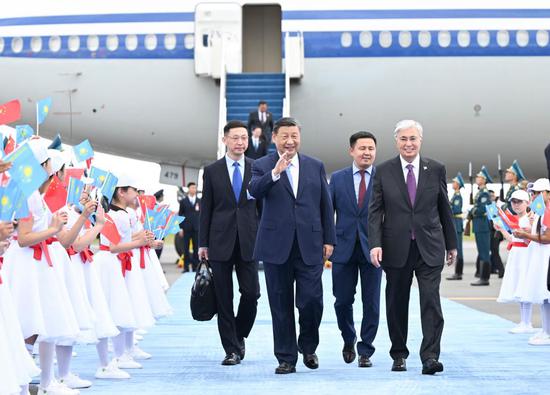
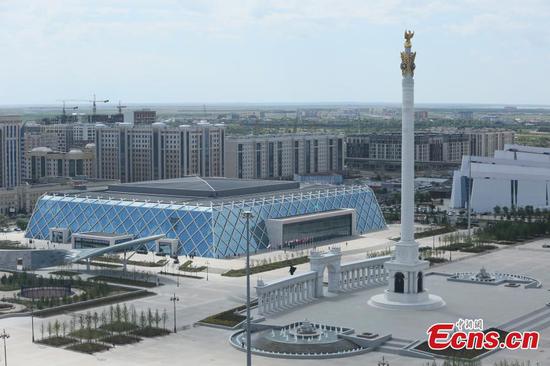



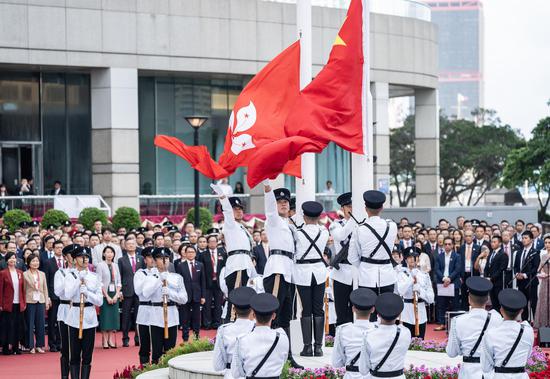



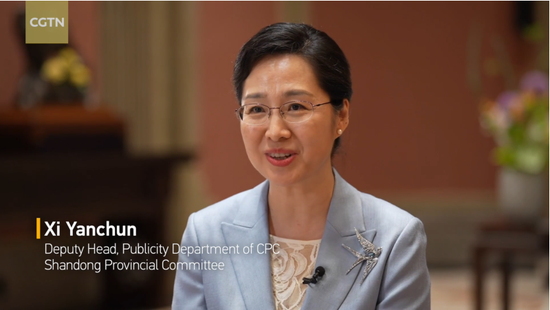

 京公网安备 11010202009201号
京公网安备 11010202009201号